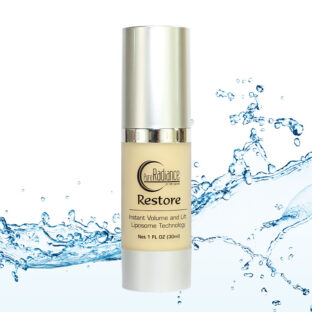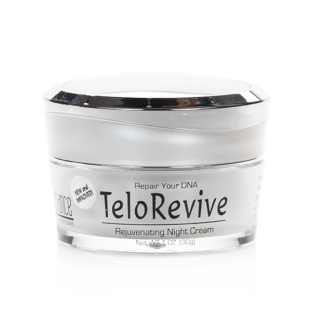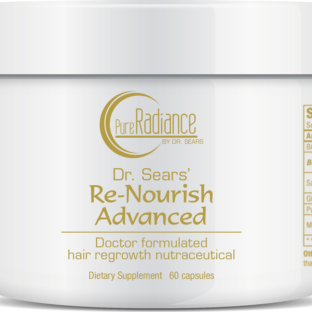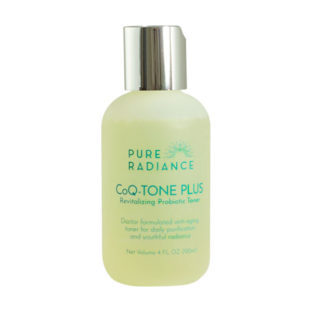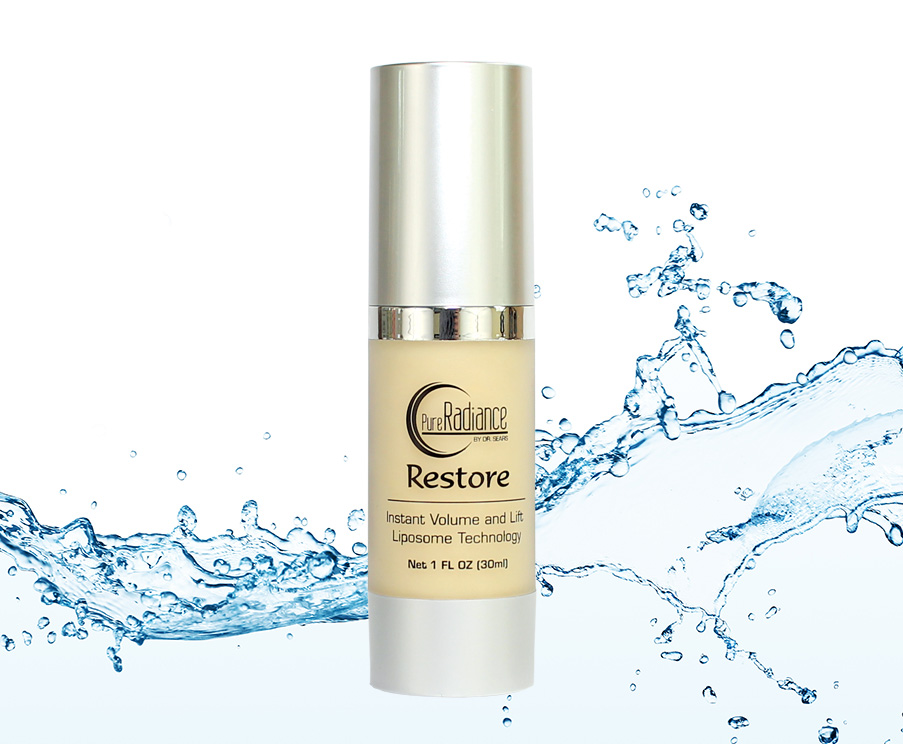
My patients tell me that the number-one fear they have about getting older is losing their independence.
Having to move into a nursing home or becoming a burden to their children…
So I remind them that the key to remaining independent for life is avoiding the potentially lethal consequences of falling.
Every year, more than 16 million Americans over age 65 suffer a bad fall. These falls result in hip fractures, repeat falls, long hospital stays and even death. Tragically, the numbers are even higher in women. In fact, women are twice as likely to tumble over as men.1
At the Sears Institute for Anti-Aging Medicine, we’ve developed a brand-new protocol that specifically addresses the problems that lead to falling. It’s called Anti-Aging Physical Regeneration – and its goal is to reverse the signs of physical aging to keep patients active and independent for as long as they live.
I want to tell you about one of our patients…
Her name is Diane. When she first came to the clinic, she couldn’t stand for more than a few minutes. In fact, she needed the support of a chair or counter as she stood. Letting go caused her to stagger.
Diane was scared. But she was also angry. Her fear of falling was keeping her from the activities she loved – and that were such an important part of her retirement. She couldn’t golf, go on evening walks – or even play with her grandkids.
She felt forced to stay home, and it was leading to extreme feelings of depression.
There weren’t any medical issues to explain Diane’s lack of balance.
So Dr. Christine Doole, our spinologist – or spine specialist – gave Diane a series of physical tests to measure her balance, gait and speed.
Diane earned a score 1 on the GARS (Gait Abnormality Rating Scale) assessment. That’s the lowest score you can get – and it indicated that she was at a very high risk for falling. Dr. Doole immediately put Diane on our physical regeneration protocol.
This includes our PACE (Progressively Accelerating Cardiopulmonary Exercise) program, stretching, spinal adjustments and vibration therapy.
A few weeks later, Diane retook the GARS test. The difference in her results was dramatic.
Diane went from the lowest score of 1 all the way to a score of 4 — the highest score possible!
She’s thrilled with how much better she feels.
“I’m 72 going on 52! I feel rejuvenated,” she says.
The GARS assessment is only a small part of the physical regeneration protocol we put Diane on.
Stay tuned. We’ll be telling you more about this important step in regaining your independence in the upcoming weeks.
If you’re interested in improving your balance and gait to reduce your risk of falling, please call the Sears Institute at 561-784-7852. My staff will be happy to answer any questions you may have.
To Your Good Health,
Al Sears, MD, CNS
References
1. Jonahsson J, et al. “Greater fall risk in elderly women than men is associated with increased gait variability during multitasking.” J Am Med Dir Assoc. 2016 Jun 1;17(6):535-40.



